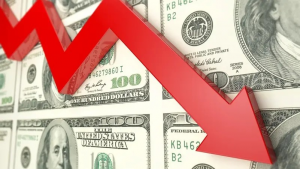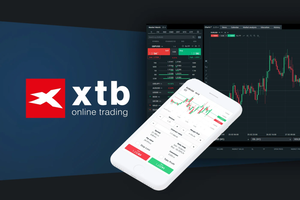Gold prices fell in Asian trade on Monday, losing a key support level as traders turned averse to non-yielding assets before more signals on interest rates from a Federal Reserve meeting later in the week.
A rally in industrial metals also appeared to have stalled, with copper prices easing after rallying to 11-month highs last week. Middling Chinese economic data also spurred some profit-taking in the red metal.
Losses in precious metals were more pronounced, as the dollar steadied near two-week highs in anticipation of the Fed. 10-year Treasury yields also sat comfortably above 4%.
Spot gold fell 0.4% to $2,148.19 an ounce, while gold futures expiring in April slid 0.5% to $2,151.05 an ounce by 00:20 ET (04:20 GMT).
Fed meeting awaited for more cues on interest rates Markets were now squarely focused on the conclusion of a two-day Fed meeting on Wednesday, where the central bank is widely expected to keep rates steady.
But any cues on interest rate cuts will be watched, especially as hotter-than-expected inflation readings for February put markets on guard over hawkish signals from the central bank.
This notion also pulled gold prices sharply away from record highs hit earlier in March. A drop below the $2,150 support level also potentially heralds more losses in the near-term.
ANZ analysts said in a recent note that gold prices could fall as low as $2,100 an ounce in the near-term. But they also upgraded their end-2024 price target for the yellow metal to $2,300 an ounce, stating that an eventual interest rate cut and deteriorating economic conditions were likely to support demand for the yellow metal this year.
Other precious metals retreated on Monday. Platinum futures fell 0.7% to $935.50 an ounce, while silver futures slid 0.7% to $25.198 an ounce.
Copper prices retreat after mixed Chinese data Three-month copper futures on the London Metal Exchange fell 0.3% to $9,045 a ton on Monday, while one-month U.S. copper futures fell 0.3% to $4.1092 a pound.
While both instruments weakened, they remained in sight of 11-month highs hit last week, after media reports showed that China’s biggest copper smelters were planning production cuts. Such a scenario presents a supply shortage of refined copper, and was a key driver of copper’s rally.
But this rally somewhat cooled on Monday following mixed economic data from China. While industrial production rose more than expected in the January-February period, retail sales missed expectations, while unemployment hit a five-month high.
The mixed data raised concerns over weak economic growth in the world’s biggest copper importer, which could hurt its appetite for the red metal.













